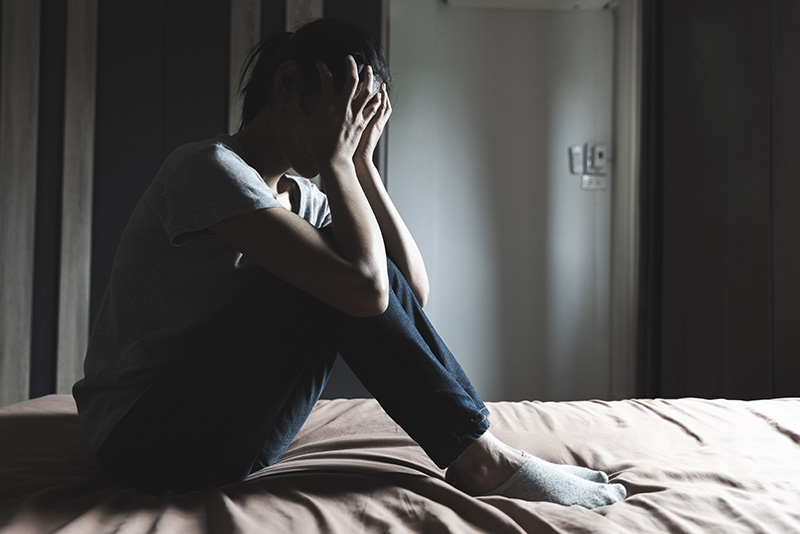Grief is an emotional response to loss. It can be the loss of a loved one or something profound in your life. Someone might experience grief after losing a family pet or a parent, moving to a new city and leaving behind old friends, or losing the sense of community that came from chronic alcohol consumption with others. With the right types of treatment, you can learn how to cope with grief instead of letting it mire you in indecision and isolation.
Types of Grief Counseling
If you are struggling with poor mental health or co-occurring mental health and substance abuse issues, comprehensive treatment may include access to grief counseling.
There are several types of grief counseling in which you can participate during treatment.
Cognitive Behavioral Therapy (CBT)
Cognitive behavioral therapy is one of the most common forms of therapy. It helps you learn to identify negative thought patterns that influence your behavior and then alter those patterns with something more positive. Doing so is a way to learn how to cope with grief during recovery by avoiding rumination and not letting automatic negative thoughts exacerbate your grief symptoms.
For many people, there is a strong link created during difficult times between conceptions of what you believe and reality. The more you focus on those distorted conceptions, the worse symptoms can be, but cognitive behavioral therapy can help. Studies have found that CBT can help you change strong negative links associated with grief.
Mindfulness
Another option is mindfulness. Mindfulness and meditation are a way for you to turn your attention to the present moment and become more aware of your thoughts and emotions. When you are trying to cope with grief during recovery, negative emotions can seem overpowering, clouding other thoughts. This can cause you to get lost thinking about the past or struggle with concerns about the future, especially if that future no longer contains someone or something you love. Mindfulness can help you deal with the complex emotions associated with grief.
Studies have found that this technique helps improve your emotional resilience.
How Learning to Cope with Grief During Recovery Can Help
Participating in a treatment program for mental health or co-occurring mental health and substance abuse disorders gives you the tools you need to understand, accept, and manage all of the emotions associated with grief. It won’t cure your grief, nor will it help you forget about the loss you have sustained, but it can help reduce symptoms of depression, guilt, or anxiety.
Reducing Negative Emotions
Feelings of guilt, anxiety, and depression are normal when you are dealing with grief. The right type of treatment can teach you how to manage those feelings and appreciate all of your emotions without letting them control you.
Understand the Stages
People who grieve will shift back and forth through five stages, including:
- Denial
- Anger
- Bargaining
- Depression
- Acceptance
It’s not uncommon to find that you struggle with emotions such as anger, shock, denial, frustration, depression, and indecision in a non-linear fashion, but eventually, you’ll make your way toward acceptance, and the right type of treatment can help you do that.
Adjusting
When you have experienced loss and are dealing with grief, learning to cope with grief during recovery means learning to accept your life as it is now. Losing someone or something that has been a significant part of your life can be challenging. It can cause you to feel as though your life isn’t going to move forward, and you are stuck where you are. The right type of care will help you restructure your life and find a new direction.
Learning How to Cope with Grief During Recovery with Casa Serena
At Casa Serena, we offer gender-specific, women-only care. Our women’s drug and alcohol rehab is run by women, with residential and outpatient treatment located just minutes from the beach. Local residents in need of care can find access to a health and wellness program, body-mind balance program, garden therapy, and other programs designed to help you cope with grief during recovery.
Overall, grief is something everyone experiences after loss. As you move through the five stages, you can find help figuring out your feelings and resolving them so that you can move toward acceptance. Contact Casa Serena today to learn more about our women-only treatment services for grief.



